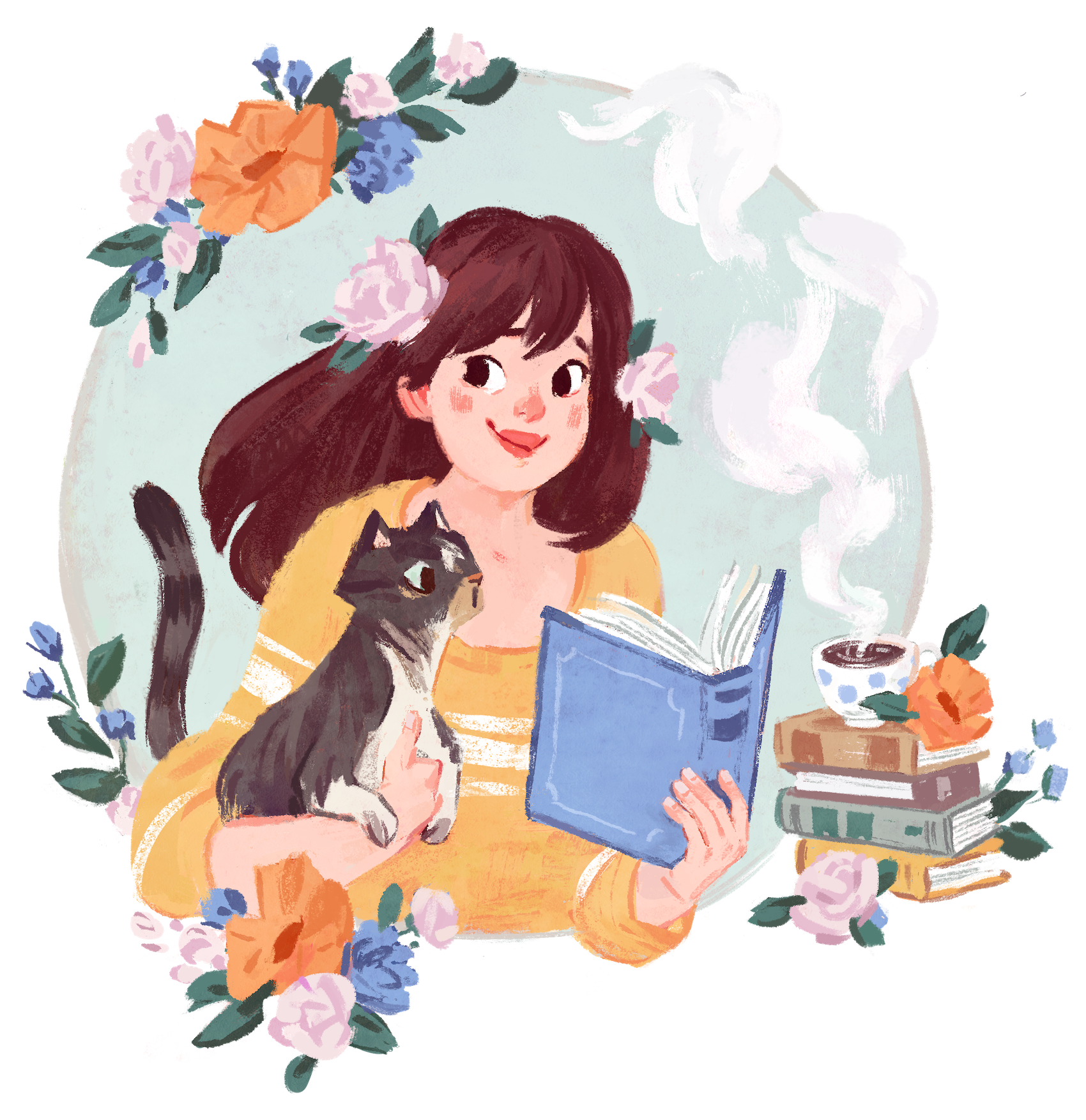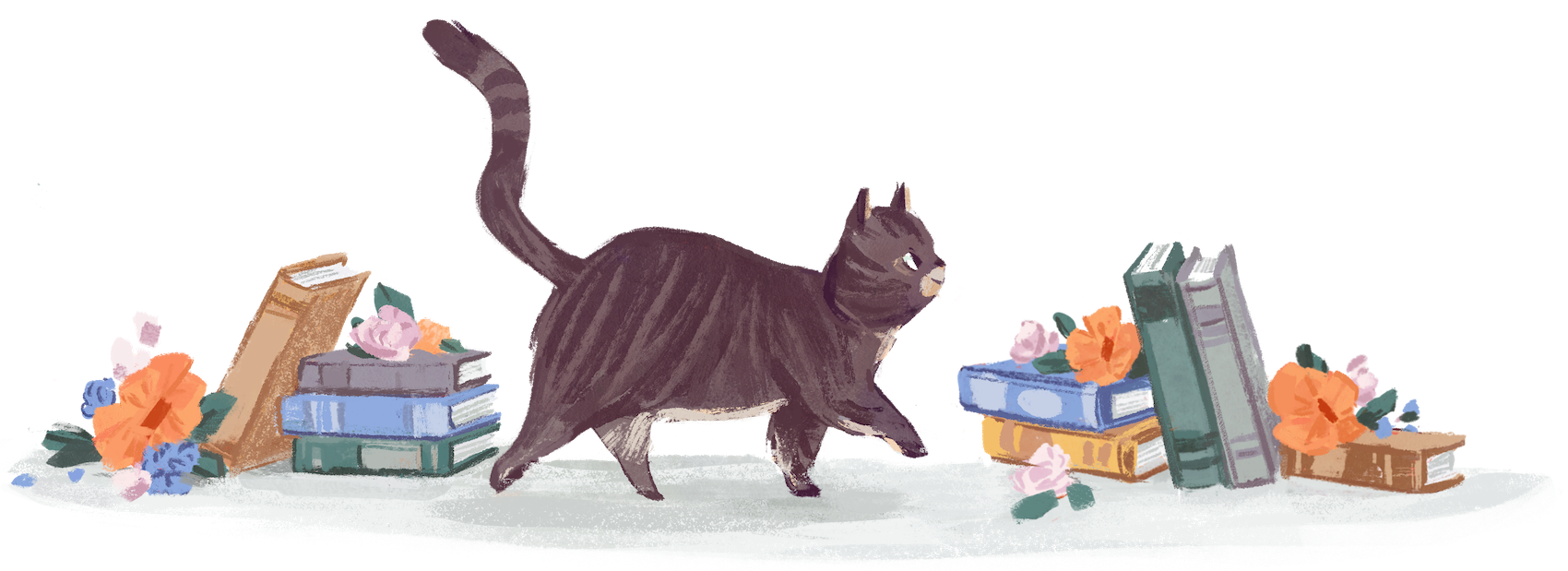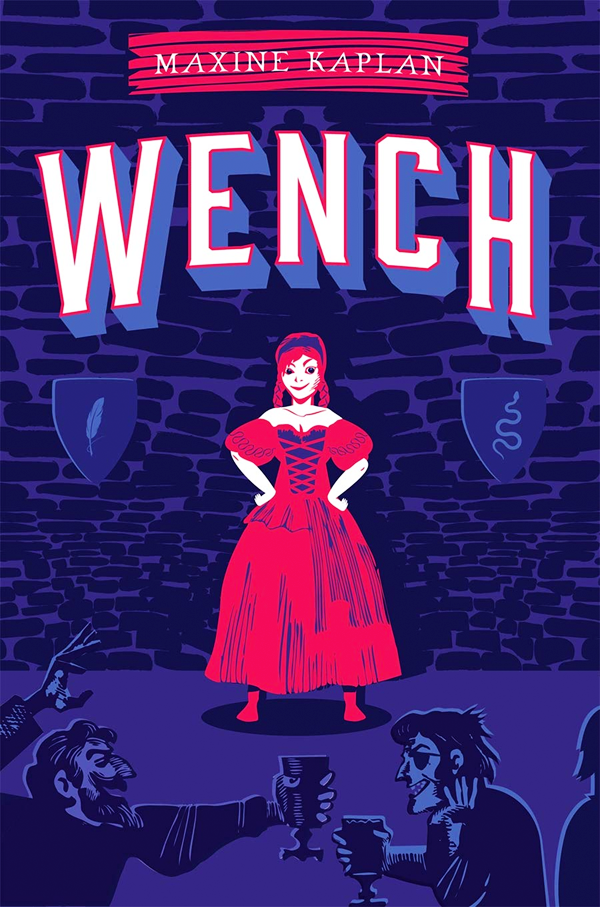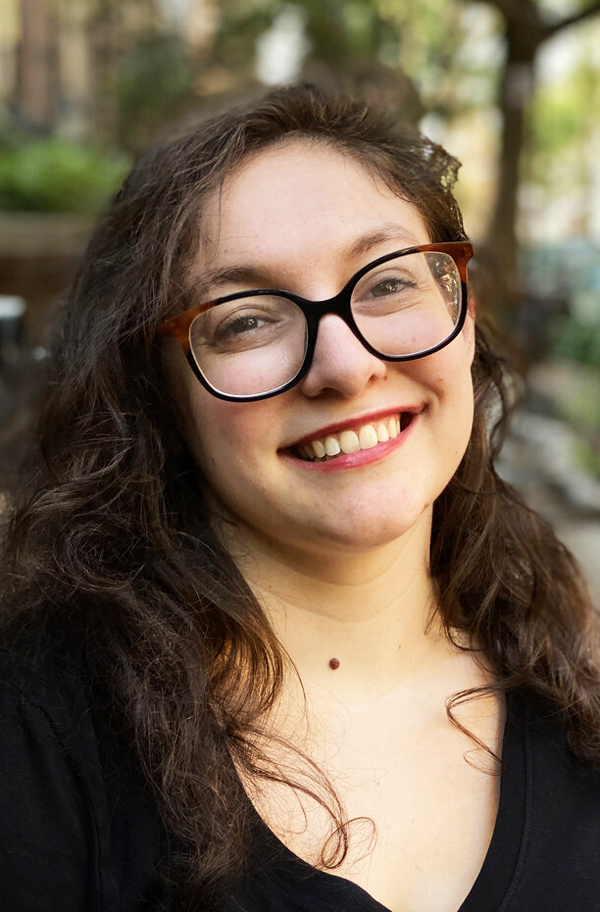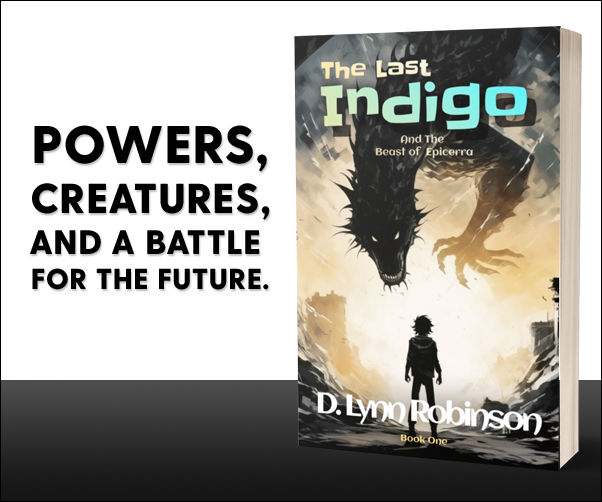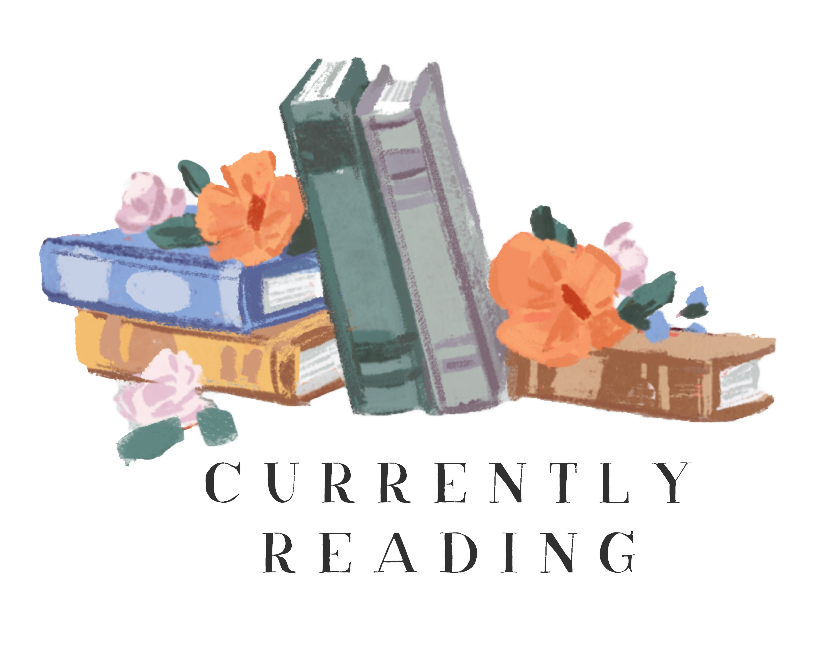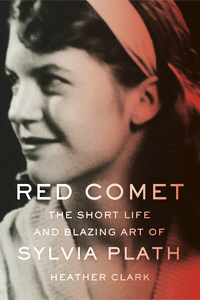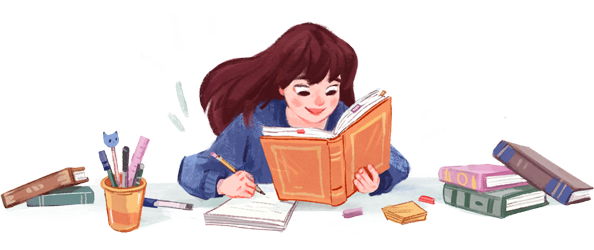
Please Note: I received an electronic review copy of Wench and was monetarily compensated in exchange for composing and hosting an interview with the author. This compensation in no way affected my opinions.

Title Wench
Author Maxine Kaplan
Pages 384 Pages
Target Audience Young Adult
Publication Date January 19th 2021 by Amulet Books
Find It On Goodreads ● Amazon ● Chapters ● The Book Depository ● Barnes & Noble ● IndieBound
A funny, fiercely feminist YA epic fantasy — following the adventures of a tavern wench.
Tanya has worked at her tavern since she was able to see over the bar. She broke up her first fight at 11. By the time she was a teenager she knew everything about the place, and she could run it with her eyes closed. She’d never let anyone — whether it be a drunkard or a captain of the queen’s guard — take advantage of her. But when her guardian dies, she might lose it all: the bar, her home, her purpose in life. So she heads out on a quest to petition the queen to keep the tavern in her name — dodging unscrupulous guards, a band of thieves, and a powerful, enchanted feather that seems drawn to her. Fast-paced, magical, and unapologetically feminist, Wench is epic fantasy like you’ve never seen it before.

About Maxine Kaplan
Maxine Kaplan was born in Washington, DC. She and her twin sister spent their early childhoods trotting behind their journalist parents as they traveled around the world, eventually settling in Brooklyn, NY. Maxine graduated from Oberlin College in 2007. Following a long stint in the world of publishing, she has worked as a private investigator since 2009. She lives in her adopted hometown of Brooklyn, NY, with her dimwitted, but soulful cat.
Her first novel, The Accidental Bad Girl, received a starred review in Publishers Weekly and will be available in paperback January 5, 2021. Her sophomore novel, Wench, is coming in January 19, 2021.

1. Wench is your second novel, following your 2018 young adult debut, The Accidental Bad Girl. How does Tanya differ from or how is she similar to the protagonist in your first book, Kendall? Do you find there are any notable or interesting commonalities in the characters you’re drawn to write (or read) about?
What an interesting question! I’d honestly never thought about it before. The biggest difference between them is how they relate to people. Kendall thrives on personal connections and being part of a group, but struggles with her sense of self. Whereas Tanya knows exactly who she is (or thinks she does), but has no idea how to, or even why she should, form intimate connections with others. But, now that you ask, one really notable commonality between Kendall and Tanya is that they both start their stories from the same place: explicitly cast out of their respective comfort zones. And I think I am always going to be drawn to writing characters who are challenged in that way, especially when writing YA. So much of coming of age, and adulthood, is navigating choppy, unfamiliar waters, and I like finding different ways to dramatize that.
2. One of the many things that excited me about Wench is that it seems to defy strict genre classification, as it includes an intriguing kaleidoscope of fantasy, historical fiction and contemporary elements set against the familiar structure of a quest narrative. Similarly, the world that Tanya inhabits and travels through is rich with detail that made it easy to imagine and fascinating to explore. Are there are particular people, places or things that acted as inspiration for this story? Was it difficult to shift from writing contemporary fiction to something more fantastical in nature?
Wench was influenced by a lifetime of reading fantasy, but the two most direct influences were, 1) Terry Pratchett, and 2) the Dragonlance books, which, if you’re not familiar with them, take place in the Dungeons & Dragons world. I also played D&D in high school. Terry Pratchett is just one of my favorite writers. His characters are so rich and Discworld is a miraculous invention – I love both how expansive and specific it’s able to be; how ridiculous and how banal. It’s brilliant. Dragonlance – I adored that series as a tween, but a lot of Wench comes from what frustrated me as a reader about that world and its characters; what left me grasping as a fantasy reader in general. As for changing genres….look, if I could stick with one genre, I would 🙂 Sadly, my brain doesn’t work like that, though sometimes I wish it would. I’m coming to terms with being a genre magpie.
3. Both of your published novels have been written for a young adult audience. What are some of your favourite things about writing for this age group? Are there any particular challenges about writing for this target audience?
Love this question. One of my favorite things about writing for young adults is the elasticity. Young readers aren’t as bound by conventional expectations of genre, voice, tone, even conceptual frameworks. It’s one reason the YA market is so exciting, even as an adult reader: wild invention, incongruous genre mash-ups, and messy, visceral voices are par for the course. The hardest part is in making the voice authentic to the age group – because they will notice if you don’t. I also, and this is something I’m musing on this month for perhaps obvious reasons, often think that there’s a lot about the world that this generation of teens understands better than I do. And I neither want to talk down to them nor disappoint them, ever.
4. Over the course of her travels throughout the novel, Tanya is given the chance to experience a life very different from the one she led in Griffin’s Port. As the book states, “She had known hardship and she had known, if not ‘plenty’, then certainly ‘more than sufficient’, and she was satisfied with the latter.” Tanya is therefore understandably critical of the absurdity and wastefulness of the excessive wealth and privilege she encounters on her journey and is upset by the the disparity between the locales she visits and their inhabitants. “She found no evidence of any functional difference between her and the count’s sister. Yet Louisa lived in a soaring tower and Tanya had to fight for the right to live in her cramped attic.” I was excited to discover what appeared to be a conscious and deliberate deconstruction of capitalism and financial and social classes as we currently recognize them in this and other passages in the novel. Can you speak a little about this aspect of the story? Is there more freedom in exploring complex, timely and important contemporary issues like this in a more fantastical setting?
I’m so glad that this aspect of the novel came through for you. I’ll be honest and say that it wasn’t initially deliberate; meaning, I didn’t go in saying, “I want to write a fantasy novel that deconstructs capitalism.” But I’m also a news junkie and started this book in 2018. Income inequality, the limitations and dangers of late stage capitalism, the way greed has blocked any effective reckoning about climate change: these were all things very much on mind as I was writing it, and ended up hugely influencing the direction of the story. I don’t think I have any answers, but I think a lot about power, especially political power, and who gets to wield it, when, and on behalf of whom. Writing fiction in general is a great way to ask questions. Dealing with contemporary issues in fantasy, and science fiction, settings has a long tradition. I think it’s because adding a level of abstraction allows for people to see contemporary issues in clearer ways, and often from angles they otherwise wouldn’t have.
5. Early in the novel, Tanya comes into possession of a magical feathered quill that has the ability to move matter, promising her and anyone who holds it untold power. For each character, including Tanya herself, the quill represents something different. For Commander Rees, the quill represents duty fulfilled. For Tomcat and his gang, it means limitless riches in stolen treasure. For the queen, it means freedom from the metaphorical cage in which she’s been trapped. For Tanya, it means the return of her beloved tavern, The Smiling Snake, and so much more. If you gained possession of the quill, do you think you would use it and, if so, what do you think you would use it for? If not, why?
Here’s the thing: I’d be terrible at using that quill. I am not nearly as organized as Tanya. I’m the girl who had mandatory backpack checks in middle school; my locker was frequently mistaken for a lost and found. I would give it to top-flight climate change activists and let them fix the world. Or maybe Dolly Parton. I trust Dolly Parton. We can all get together on Dolly Parton, can’t we? 🙂
6. One of the elements in Wench that I was moved by and found relevant, particularly in a world increasingly obsessed with the idea of productivity and monetization, was the ongoing conversation about the idea of ‘usefulness’. Tanya states several times that she likes to be ‘useful’ and struggles to believe she’s worthy of personal connection like friendship or romantic love without serving or otherwise proving ‘useful’ to those around her. I thought the novel ultimately provided an affirming message to young readers that it is not what they do or accomplish that makes them valuable, but simply who they are. What do you hope readers will take from the novel?
This question is very close to my heart. More than anything else, I knew going in that this feeling of needing to be useful was what the book was going to be about. It’s very personal to me. I constantly feel like I have to justify my existence; that I need to repeatedly earn the love of my friends and family. So, yes, I hope this book holds an affirming message for readers who feel unworthy in and of themselves. It’s a complex question, what we owe each other. Can you tell that The Good Place was one of my favorite shows of the decade?
7. Tanya shows immense bravery and determination on her quest from her humble beginnings in Griffin’s Port to the grandeur of the Glacier and is accompanied by a spirited and colourful group of companions along the way. How do you think you would fare on a similar quest and who would you choose to accompany you on this journey?
I, like Tanya, am not an outdoorswoman, so I would probably be very uncomfortable on any given quest. On the other hand, when I say I’m going to do something, I usually find a way to do it. And I am blessed to have a very tight-knit core of ride-or-die friends who all have a wide range of skills and talents. I think we’d be OK! Which is nice to think about, so, thank you for asking Jen.



